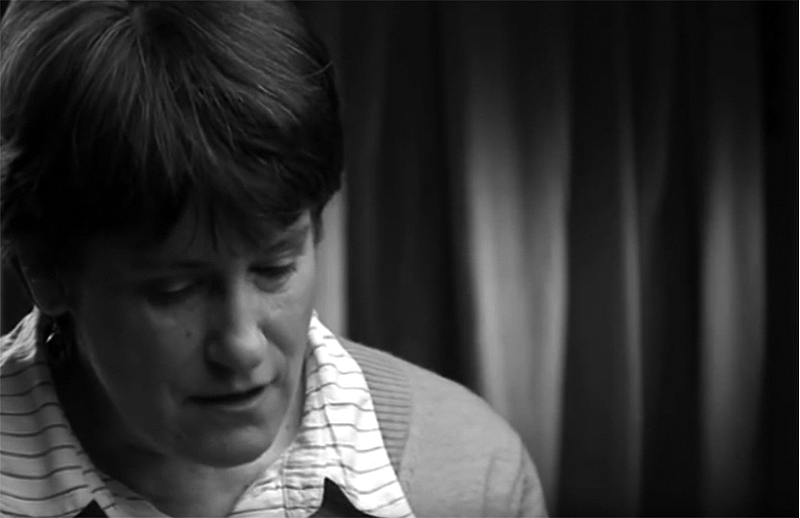
Judith Beveridge is the author of six collections of poetry and throughout her writing life she has received multiple awards, including the Queensland Premier’s Literary Award, Victorian Premier’s Literary Award, New South Wales Premier’s Literary Awards and the Kenneth Slessor Prize for Poetry. As a teacher of creative writing at Sydney University and the University of Newcastle as well as the poetry editor of Meanjin, Beveridge is undoubtedly one of Australia’s most engaged, dedicated and supportive writers.
Beveridge prefaces her latest collection Sun Music: New and Selected Poems with a statement regarding the poets she admires which synchronously also expresses exactly which attracts me to her writing as a reader. Beveridge states: ‘I’ve always been drawn to poets who move through looking into vision, not of a mystical kind necessarily, but into some enlargement or transformation while still keeping tenancy with the extrinsic world.’ In many of the new poems of this collection the environment is observed with an attention that is both empathic and reverent, without being blind to suffering, even ecological horror. In the title poem Sun Music the narrator remembers her father and how his discovery of the world, as seen through a ‘gift pair/ of binoculars’, expanded his vision, which in turn expanded his being:
...how his eyes drank in the sky, those light-filled cylinders giving him weightless soaring of kites and eagles. After that he was a changed man.
Returning again to Beveridge’s opening reference to ‘looking into vision’, the above excerpt demonstrates how the concentration looking closely becomes a state for ‘vision’ and thus this vision transforms:
No more am I squinting into the monocular bottom of the bottle, or into the myopic base of a liquor-filled tumbler, but filling my sights with beauty and distance. Now I listen as a pied butcherbird, like a jazz flautist in the trees, work on syncopated chimes and ensemble phrases, its liquid crystal voice - music from sun.
Sun Music: New and Selected Poems brings together poems from over four decades of work along with thirty-three new poems. Behind the personae explored in Beveridge’s dramatic narrative verse, there is a deep subjectivity and lyricism. Concerns about ecocide, cruelty and the shadowy complexities of human motives are discussed with a diplomatic and often gentle distance and subtlety. And yet, Beveridge’s poetry is not merely emotional, but is also delivered with craft and immediacy. There is a humility in Beveridge’s dedication to poetry and in her reverence for artistry and craft: ‘… its the challenge of trying to write a good poem rather than feeling that I have something unique to say that motivates me’. It is this gentle power of Beveridge’s steady gaze, the sense of vision tethered to the world that drew me to seek out an interview with such a poet.
The below interview was conducted in person at the Geelong Library after Beveridge appeared for 2018 Word for Word Non-Fiction Festival. As I sat with one of Australia’s major poets, I noticed Beveridge’s tendency to carefully weigh each response before speaking just as often as she would ask me to excuse her ‘waffle’. In person I found Beveridge’s company like the title poem ‘Sun Music’; bright and harmonious. Generous with her time and considered with her answers I felt that while speaking with Beveridge it was easy to be fooled by her kind demeanor and forget that for her, no word was insignificant enough to avoid scrutiny.
Dylan Frusher: Are you a poet that enjoys talking about poetry?
Judith Beveridge: I don’t particularly like talking about my own poetry, but I do love to communicate with others about the joys of poetry, about the writing process and about writers that I admire. Everybody’s processes are different, and I enjoy finding out from other poets how they go about their writing and how they manage their writing lives. For me writing is a life style which involves many serious choices. These choices can be tricky. You see many talented people opting out because the pressures of maintaining a serious commitment can be very daunting in as much as you need to spend a lot of time learning craft and technique, so you often end up making substantial financial sacrifices in order to give yourself the time needed to learn how to write. This is why Government funding is so important as it can provide a writer with financial aid. It’s hard to be a serious writer and maintain a full-time job. I made a decision early to only work part-time so that I could devote time to writing, but of course you’re often struggling to pay the bills.









